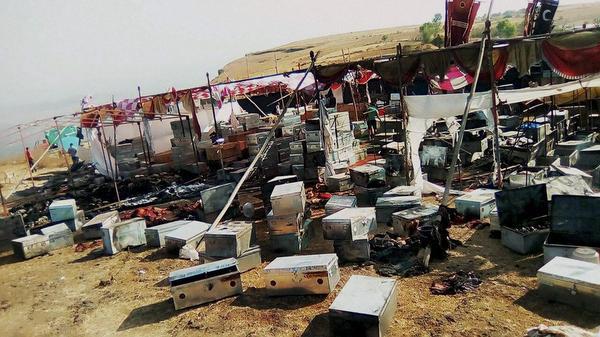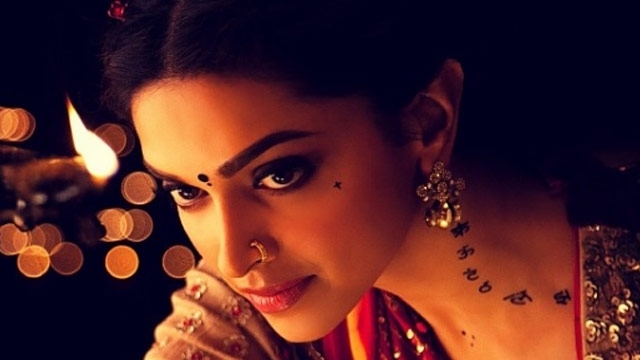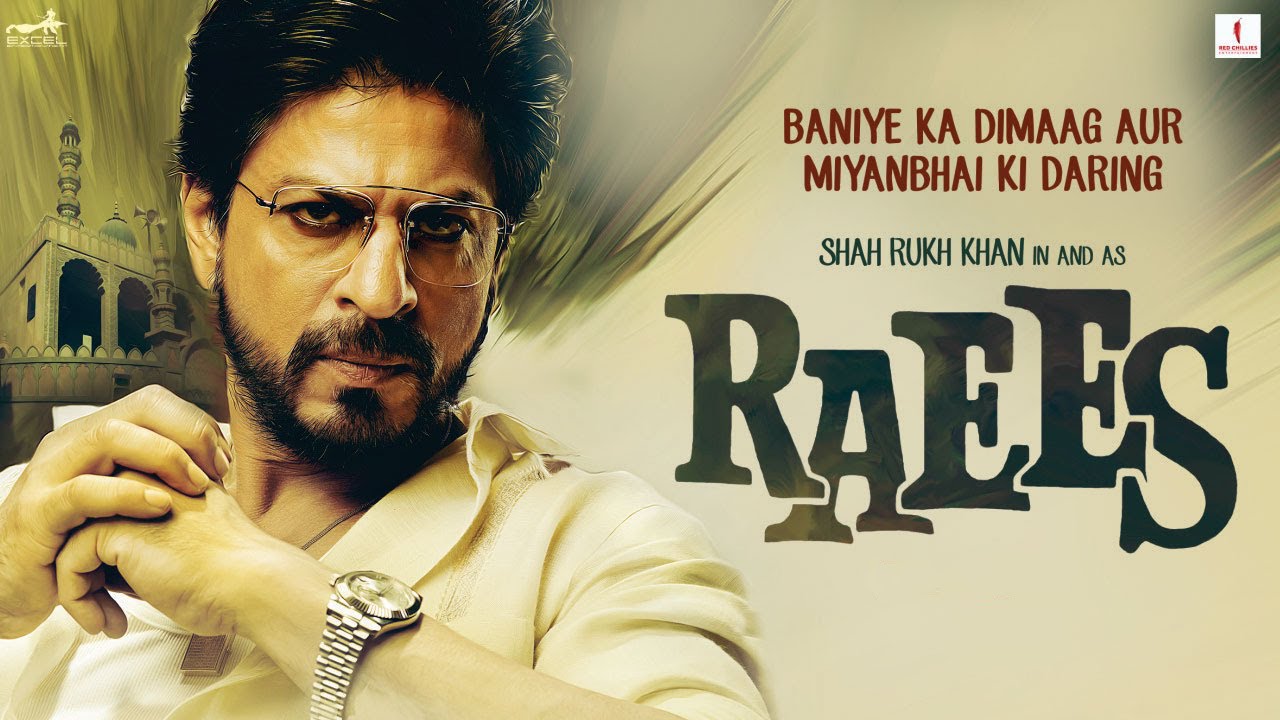Self Proclaimed Guardians Of Indian Sentiments Dictating The Way Bollywood Should Behave

Movie set of filmmaker Sanjay Leela Bhansali’s Padmavati in Kolhapur, Maharashtra, was vandalized in the dead of the night by 20 men wielding lathis and petrol bombs. This comes few months after Sanjay Leela Bhansali was manhandled and slapped by members of a Rajput chauvinist organization Karni Sena, while he was shooting at Jaigarh fort in Jaipur.

There was huge outcry and protests from many quarters in Rajasthan against the Ranveer Singh, Deepika Padukone and Shahid Kapoor starrer, which forced Bhansali to move out of Rajasthan for shooting.

The controversy surrounding the movie is based on the accusations of the protestors that the movie outrageously distorts history. Protesters claim that the movie is presenting Rani Padmavati of Chittor, who is immortalized in Rajput folklore for her act of Jauhar (self-immolation) in the face of invasion and siege by Delhi Sultanate ruler Allaudin Khilji, in a bad light and offends the sensitivities of the locals. A rumor circulated that there is a dream sequence in the movie which shows intimacy between the two lead actors who play the role of Padmavati and Allaudin Khilji respectively.

Sanjay Leela Bhansali has denied that there is no such scene in the movie and said that he will keep local sensibilities in mind. Deepika Padukone has also tweeted that there is no historical distortion in the movie and asked the people to maintain calm. But these reassurances cut no ice with the protesters who have political backing.
Padmavat is a poetic romance which was penned by Awadhi poet Malik Muhammad Jayasi in 1540, 240 years after the actual Battle of Chittaurgarh. Many historians maintain that the saga of Padmavati is apocrypha, a poetic fable, and there are no solid historical evidences to establish that it is a recorded history.
Nevertheless, even if let’s assume it is history, there are various genres like historical fiction or alternative history, and a filmmaker is only using his creative license when he twists history and adds some composite characters or fictionalized accounts to make the storyline more thrilling, entertaining and riveting. A filmmaker and artist are allowed to practice their creative liberty. And vandalism, burning sets, slapping director needs to be unequivocally condemned. The sane and civilized thing would be to approached the court of law instead of creating ruckus.
But these elements who take law into their own hands and resort to vandalism and thuggery are only emboldened because they are in cahoots with the power center. They engage in apologia that sentiments of people shouldn’t be hurt, or brazenly acts as a mediator between filmmaker and those threatening them.
Karan Johar’s Ae Dil Hai Mushkil controversy because it had Pakistani actor Fawad Khan in it. In the wake of heated Indo-Pak relations and renewed cross border insurgency in Kashmir, MNS, far-right Marathi party and BJP ally, issued a diktat that all Pakistani actors living in Bombay – even if they have valid work visas – should pack their bags and leave India. Multiplex owners were threatened that their cinema halls would be vandalized if they displayed shows of Ae Dil Hai Mushkil, and Karan Johar was warned of dire consequences.

Instead of taking MNS to charge, arresting it’s local leaders for intimidation and assuring Karan Johar that the administration and law enforcement is with him, the CM Devendra Fadnavis acted as a deal broker between MNS chief Raj Thackeray and Karan Johar. Karan Johar was coerced to donate 5 crore to Army Relief Fund, as an act of atonement for the grave sin of giving role to Pakistani actor.
Certain retired army generals rebuffed Raj Thackeray and made it clear that army does not need any kind of extortion money, and all donations to relief funds are strictly voluntary. Caving of government before hooliganism is not only highly shameful and pathetic, it also justifies and legitimizes thuggish elements and put filmmakers at the mercy of their whims and arbitrary diktats.
Shahrukh Khan’s crime movie Raaes, loosely based on the story of 1980s Ahmedabad bootlegger and gangster Abdul Latif, also received threats of theatre shut down and boycott from the same self proclaimed guardians of nationalism. Raaes has Pakistani actress Mahira Khan in a leading role, and Shahrukh Khan had to say that in the future he wouldn’t cast Pakistani actors and the actress wouldn’t be seen at film publicity events. This he said to placate the gang of frenzied lumpens and ensure that no vandalism takes place upon the release of his movie.

It is really a very sad state-of-affairs that filmmakers either have to accept the demands of political vandals, tender apology to them for no fault, or pay extortion money, while the government stands as a mute spectator, and worse tacitly encourages the vandal tendencies.
Comments
- Advertisement -

